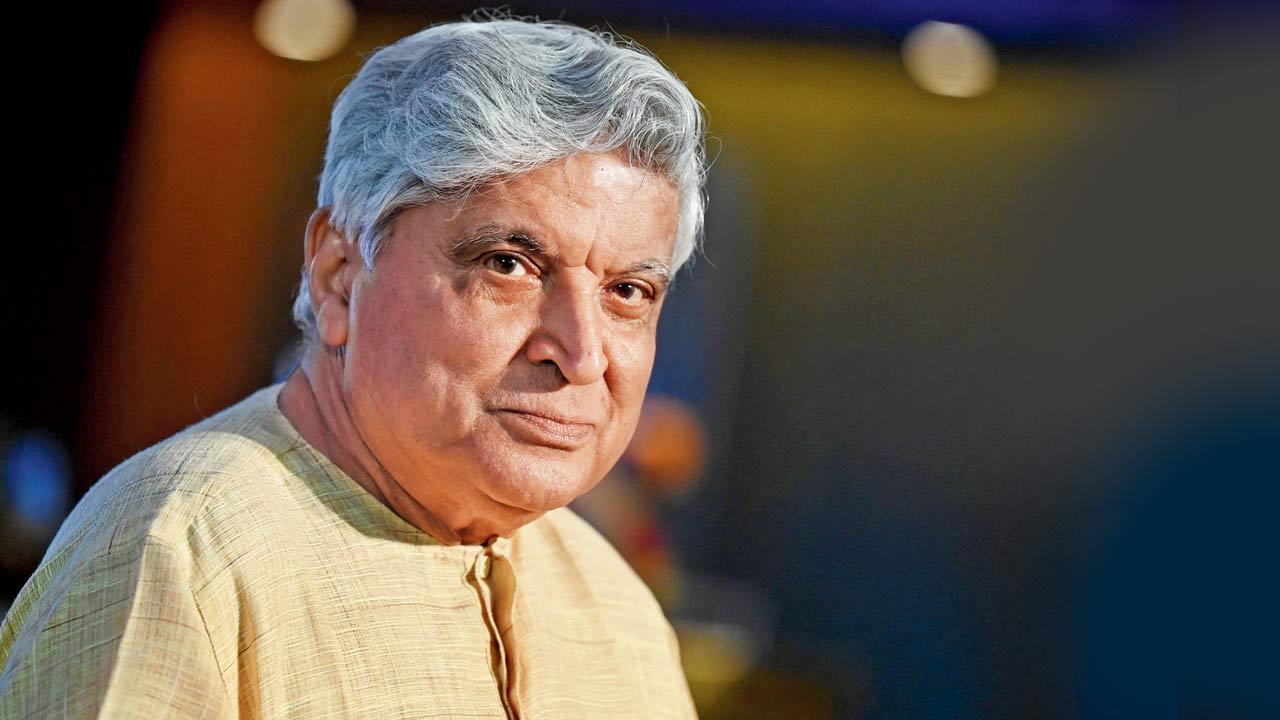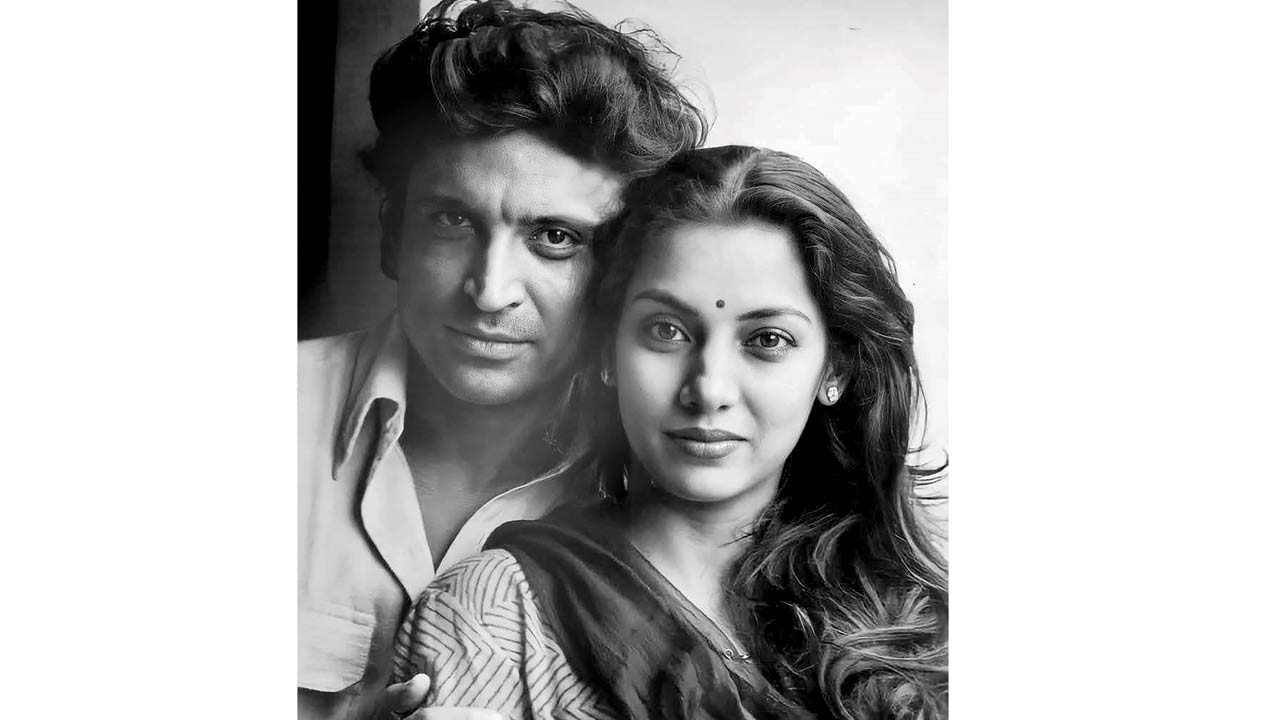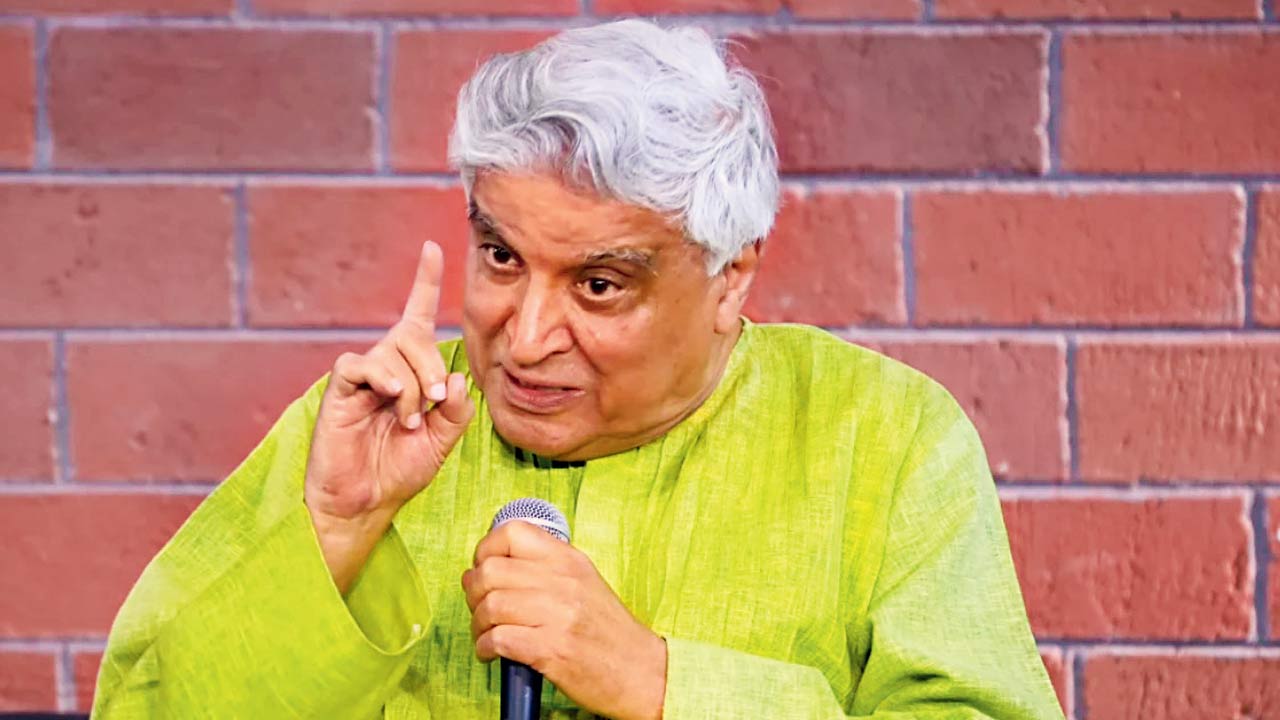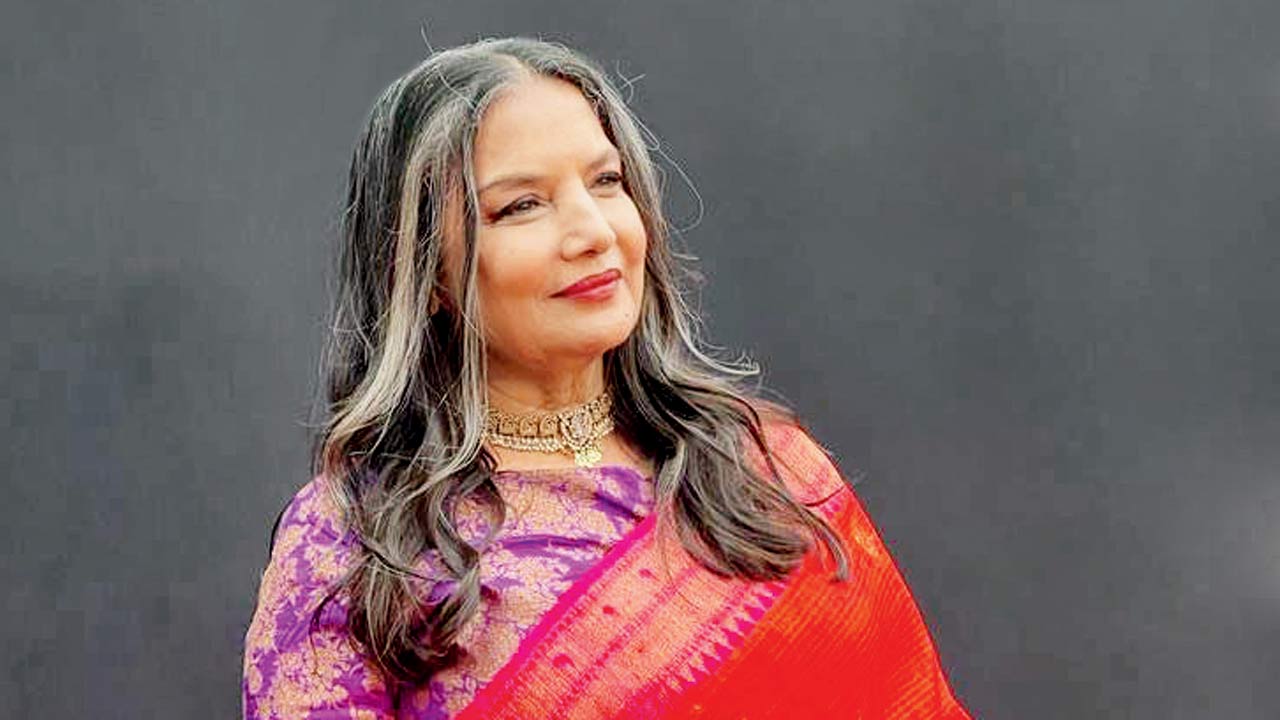As Javed Akhtar turns 80 today, noted screenwriter-lyricist talks dreams and regrets—from hoping to pen a script for actor-wife Shabana Azmi to his unfulfilled plan of direction

Javed Akhtar
It’s almost impossible to sum up 80 years in a few words, especially when it has been as wholesome a life as Javed Akhtar’s. But his sterling career of 50-plus years has shown that the writer-lyricist has a way with words, an enviable knack for turning life’s harsh truths into poetry. So, as he celebrates his 80th birthday today, how would he describe his life in one word? “Fulfilling,” he smiles. “My greatest joy is that both my children [Zoya and Farhan Akhtar] are doing so well and have earned so much respect in the film industry. When I look back, I feel life has been kind to me. I’ve had bitter and disappointing moments, but there have been happy, fulfilling and wholesome ones too. I’ve lived life on my own terms,” he reflects.
ADVERTISEMENT
Regrets are part of everyone’s life, and the famed screenwriter-lyricist has had his share too. “I wasted a lot of time, which I could have used in a constructive manner. I could have learned any language or a musical instrument. I gave up alcohol in 1991, but [until then], it caused wastage of time and opportunities. Having said that, no complaints. Life has given me so much, I should be thankful,” smiles Akhtar.
 Javed Akhtar with Shabana Azmi
Javed Akhtar with Shabana Azmi
It has been a glorious journey for Akhtar, who, along with then-writing partner Salim Khan, had a meteoric rise in the ’70s as Hindi cinema’s most successful screenwriter jodi Salim-Javed. At the time, the duo was more sought after than the leading men—a feat that has never been repeated in Bollywood. After the two parted ways in the late ’80s, Akhtar continued his stellar run, doubling up as a screenwriter and lyricist. From scripting enduring films like Mashaal (1984) and Lakshya (2004), to penning memorable songs in Silsila (1981), Refugee (2001), Kal Ho Naa Ho (2003) and many more, he sealed his place as one of the most brilliant minds in Indian cinema.
Strange to think then that things could have been very different. If Akhtar had his way, he would’ve been a director. That dream brought him from hometown Gwalior to Mumbai in 1964. “I joined the film industry as an assistant director. Wherever I worked as an AD, I’d offer my services to [tweak scenes] when there was a problem. Then everybody started telling me to write more scenes. Writing was so cushy and gave me so much recognition and remuneration that I stuck to it. Today, I feel I should have directed too, but all the respect I got for my writing decreased my energy to pursue direction. Now, it’s too late.”
 Javed Akhtar. Pics/Instagram, Getty Images
Javed Akhtar. Pics/Instagram, Getty Images
The role of a director may have eluded him, but the veteran writer has effortlessly and surprisingly slipped into another role—a life guru of sorts for today’s generation. Watch his interviews and you’ll know why they are a rage on Instagram. Jokes, wit, life experiences and the ability to pass on the wisdom in a conversational manner, it’s all there. Tell him that he has cracked the formula to speak to today’s youth, and Akhtar says, “It is spontaneous; I don’t prepare the conversation or punchlines. If I start to wonder how I should do that again, it will make me self-conscious and that will ruin it.”
As he begins a new decade in his life, Akhtar is returning to his first love—screenwriting. In the past two decades, he concentrated largely on lyric writing, with Don (2006) being his last screenplay. Now, he has dived in the world of screenwriting again and completed two scripts. He is writing the third, a relationship drama set in 1925. “It is too early to talk about them as they will be announced formally. Today it’s believed that a film is either entertaining or for a niche and sensible audience. I don’t believe that. In the past, mainstream cinema has given great movies like Mother India [1957] and Pyaasa [1957]. It is possible to make a sensible and good film for a larger audience. My scripts are mainstream movies; they are entertaining but not at the cost of sensibilities, aesthetics, decency or moralities.”
Now that he is penning scripts again, can we expect him to write one for his actor-wife Shabana Azmi? “I plead guilty. I have not written any female-centric script for anybody, though I am a feminist. If I do, I will write it for Shabana,” he promises, before adding, “I have great respect for her as an actress. Recently, I saw the rough cut of Aamir Khan and Rajkumar Santoshi’s Lahore 1947, and Shabana’s presence is overwhelming. She is so good in that movie.”
Yet to see another person with such grit: Shabana Azmi

I have always asked Javed to write an autobiography because his never-say-die spirit is so inspiring. At the lowest ebb of his life when he was starving, had no roof over his head and no clothes except the ones he was wearing, he told himself this will pass. He would think, ‘I wasn’t born to die in ignominy.’ I have yet to see another person with such grit. I admire him greatly, and could have been married to no other person. Of course, we have strong disagreements, but we’ve found the magic words ‘Drop it’ and we do.
 Subscribe today by clicking the link and stay updated with the latest news!" Click here!
Subscribe today by clicking the link and stay updated with the latest news!" Click here!







